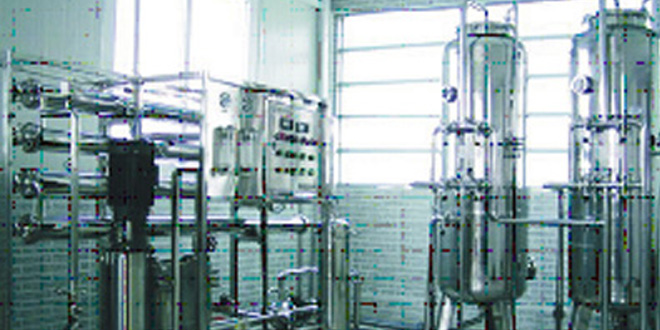
Badin: 80 Percent of Population at Risk of Waterborne Diseases
Due to damage to the filter plant in Badin for a long period of time, the citizens of Badin have no choice but to drink polluted, un-sanitized water.
7 to 8 filter plants are present in Badin but have been completely out of order for a long time now. Due to this there is no source of clean drinking water for the citizens in Badin. The water that is being provided to the citizens is approximately 80% polluted. This is in spite of the fact that the Municipal committee of Badin is being provided with funds every month by the government, but the water that is being provided to the people is unfiltered and can be harmful to health. Due to the constant consumption of this polluted water, diseases attack citizens of Badin and are getting infected. However people of Badin have demanded the concerned authorities to provide them clean drinking water and take immediate actions to repair the filter plants so that they can be protected from various diseases.
As per UNICEF’s official website, section: Water, Sanitation and Hygiene, the un-sanitized water multiplies the chance for diseases such as Diarrhea, Arsenicosis, Cholera, Fluorosis, Guinea warm disease, Intestinal worms, Malaria, Schistosomiasis (also known as bilharzia), Trachoma, Typhoid as well as HIV/AIDS.
Currently, the WHO has added Cyanobacteria; bluish-green algae which may be present in contaminated water and people can get serious health issues if exposed to the toxin, the most quick of which is drinking such water. The diseases from the algae depend on the type and amount of exposure from small irritations to body organ failures.

